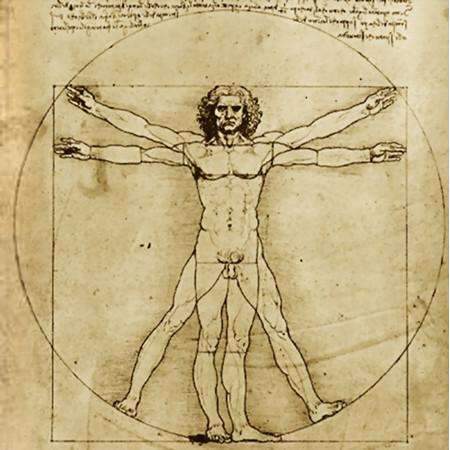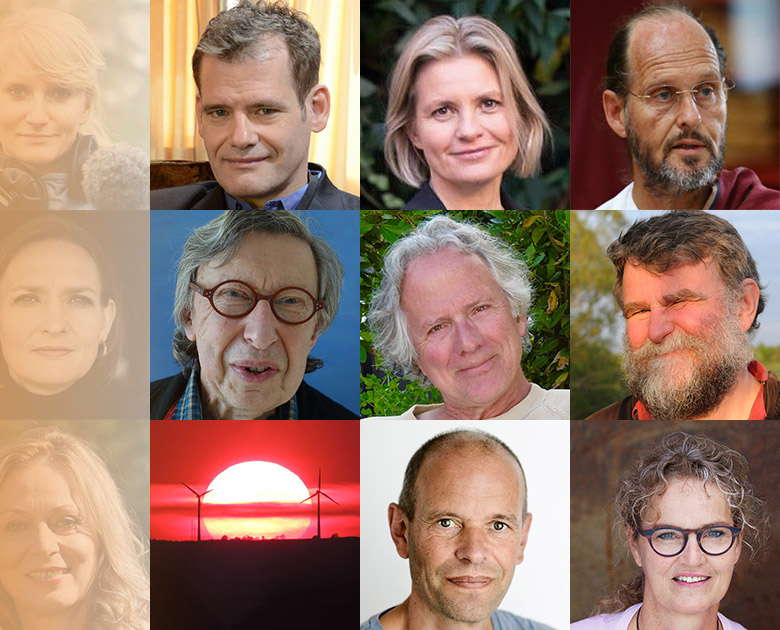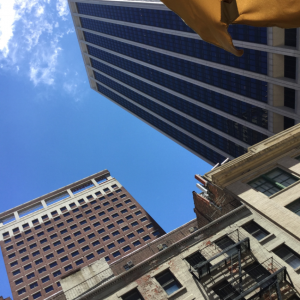Meditation and spirituality at work
Contemplative practices such as yoga and meditation are no longer exotic – they are a mainstream part of our society. Teachers, health professionals and corporate managers think of mindfulness etc. as “tools” to help others, to solve common problems, or perhaps to perform better themselves. In many cases effective tools, backed up by documentation, research and organizations. Meditation has also become part of the media landscape and many artists, researchers and authors take in meditation as inspiration or method.
But how does this square with the roots in a spiritual dimension? If contemplative life is a turn towards being rather than having and being-something, how can it unfold actively within the frameworks of a modern society? Does it make a difference there? Is there more spirit in some kinds of work and engagement than others?

Daily schedule
These days will be laboratories of spirit - in the open and inviting "højskole" sense. Space for serious and playful contemplation - with body, heart and mind. Space for enjoying summer in Helgenæs as well.
Morning yoga
Morning meditation
Morning session
- 1-3 inspirations / lectures
- Replies and co-reflections from other contributors
- Guided contemplative group dialogues
- Final plenary dialogue and meditation
Afternoon workshops
(optional, varying, weather dependent, sometimes parallel)
- Methods: “Harmonic presence” (Hykes) og contemplative group process
- Work on articulating and exploring "my existential project"
- Planting a new vineyard and apple plantation
- Moving Meditation / Akido
Evening session
- meditation instruction /exploration for the first 2-3 evenings. After that film, bonfires, moving meditation, contemplative wine tasting, celebration
Around every meal there will be a good break for resting, walking, swimming, eating icecream, playing jamsessions, or whatever comes up. There will also be coffee breaks in the middle of every morning and afternoon session.

Teachers and contributors in seminar 1
Ongoing teachers and facililtators: | David Hykes, |
Primary teacher of meditation and meditative exploration: | Erik Pema Kunsang |
Visiting teachers, contributors, lecturers, dialogue partners | Lone Fjorback, |

Seminar content
This seminar explores connections and problems important for all of us who want meditative dimensions to have a place in the spheres of studies and work without betraying their essence. We organize it around four themes to be unfolded in lectures, debates and workshops:
- The “translation” of mindfulness, yoga, etc. into courses and interventions – how can it become as wholesome as possible?
- Psychotherapy, psychology and meditation – are they basically different endeavours, or can the support one another in theory and practice?
- Research and documentation of beneficial effects: how can it be as relevant and reliable as possible?
- Using your own being at work with others.
This seminar week will connect well with seminar 2, but they can also be taken separately.

Rhythms, structures, celebrations
Daily schedule: the summer institute days combine teaching, practice, dialogue and time for relaxing and meeting new friends. There will be morning yoga, a contemplative morning gathering with meditation and singing. Yoga and meditation sessions will be framed and guided so that they are meaningful and useful for beginners as well as the experienced. The time before lunch will be mostly devoted to lectures and dialogues on the seminar’s themes. A long lunch break secures time for relaxing, perhaps with a walk and swim at the beach. Afternoons will be mainly devoted to workshops – practical and experiential. On the first 2-3 evenings there will be a thorough introduction to Buddhist meditation practice, on the last evenings the focus will be on relaxing and celebrating together.
Venue and organizers: the seminars will be residential courses at the tibetan-Buddhist retreat center Gomde, situated in the middle of Denmark’s most beautiful areas in Helgenæs – surrounded by beaches, hills, orchards and forests. The organization behind the project is a Buddhist association “Rangjung Yeshe Gomde Denmark”. However, the folk high school seminars are different from Gomde’s regular seminars – they are not courses in Tibetan Buddhism or Buddhism in general. Instead, they follow the Nordic folk high school tradition for open fora for development and exchange, inspired by the spirit of a tradition but open to connection and exchange with everyone interested.
Teachers, facilitators and dialogue partners. Some of the main roles in seminar 2 will be played by John Dunne, Anders Laugesen, Phie Ambo and David Hykes. The list of contributors is still developing and you can read more about many of them here.
Seminar language: Everything will be fully transparent in English as well as Danish. The main language in the sessions will alternate with the main contributors, but there will always be simultaneous translation to the other language available.

Prices
Course fees are all inclusive: seminar participation, room and board (including coffee breaks etc). The fee depends on your choice of accommodation: single room, shared double, dormitory or camping.
| Accommodation | Seminar fee | |
| Camping | 2400 DKK / 325 EUR | |
| Dormitory | 2900 DKK / 380 EUR | |
| Bed in double room | 3650 DKK / 490 EUR | |
| Single room | 4800 DKK / 650 EUR |
Registration
Send an email to registration@gomde-hoejskole.dk saying that you would like to participate. Please specify if you wish to register for seminar 1, seminar 2, or both, as well as your choice of accommodation (see above). We will then send you an email with confirmation, bank account for transfer of fee, and other practical information.
(Your reservation will be temporary for 2 weeks and be secured permanently when the fee is transferred. Gomde Højskole's conditions for registrations, payments and cancellations are stated in the confirmation email. You can also read them here.


